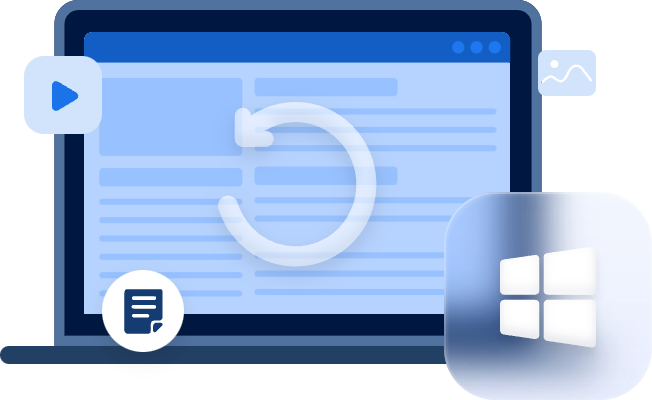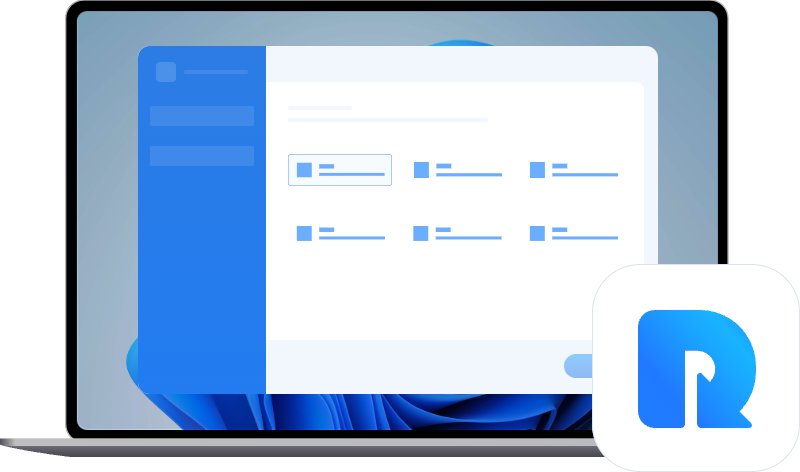Troubleshooting Guide for Fixing USB Music Issues in Tesla
This article provides a detailed guide to troubleshoot and fix USB music issues in Tesla vehicles. From common problems to step-by-step solutions, discover how MyRecover can enhance your Tesla music experience.
Tesla, known for its groundbreaking innovations, offers a sophisticated music system that enhances the driving experience. However, users may encounter occasional disruptions in USB music playback, leading to frustration. In this comprehensive guide, we will explore common issues, step-by-step solutions, and introduce MyRecover—a tool designed to enhance your Tesla's USB music functionality. Let's troubleshoot Tesla music problems here.
Understanding the Importance of USB Music in Tesla
Tesla's USB music feature allows users to curate a personalized playlist, turning their electric vehicles into mobile concert halls. The ability to play music seamlessly is crucial for a complete driving experience. When disruptions occur, such as music not playing or songs skipping, it can detract from the overall enjoyment of the journey.
Common Issues with USB Music in Tesla
Fix USB Music Not Working Tesla
One of the primary challenges Tesla users face is the "fix USB music not working Tesla" issue. To tackle this problem effectively, we'll explore specific steps and solutions.
Checking USB Connection
The first step in troubleshooting USB music issues is to inspect the USB connection. A loose or faulty connection can lead to disruptions in music playback. Ensure that the USB cable is securely plugged into both your device and Tesla's USB port. A snug connection is fundamental to uninterrupted music enjoyment.
Verifying File Format Compatibility
Tesla has specific requirements regarding supported audio file formats. Incompatibility can result in issues like music files not playing or producing distorted sound. Check the user manual or Tesla's official documentation to identify the supported file formats. Make sure your music files align with these specifications to guarantee smooth playback.
Updating Tesla Software
Tesla regularly releases software updates to enhance the performance and features of its vehicles. Outdated software can contribute to USB music malfunctions. Keep your Tesla's software up-to-date to access the latest improvements, including better USB music compatibility. Regularly check for updates in your vehicle's settings and install them promptly.
MyRecover: Help You Recover USB Music Easily
MyRecover emerges as a valuable tool designed specifically to address USB music issues in Tesla vehicles. Let's explore how MyRecover can assist users in overcoming the challenges associated with "fix USB music not working Tesla."
MyRecover offers a comprehensive solution for Tesla owners experiencing USB music loss issues. Its user-friendly interface and compatibility with all Tesla models make it an indispensable tool.MyRecover successfully recovers your USB music, ensuring a seamless and enjoyable listening experience.

- Available in all Windows operating systems like Windows 11/10/8/7 and Windows Server.
- Provide 2 advanced scanning methods Quick Scan and Deep Scan.
- More than 200 types of files can be recovered: Word documents, Excel, PPT, JPG, GIF, 3FR, MP3, MP4, MOV, VWM, ANI, ZIP, etc.
- You can filter, search, and preview deleted files during the recovery process.
- Provide a clear graphical user interface and simple operating steps.
MyRecover is extremely easy to use, please follow the steps below. Then you may know how to recover music from USB for Tesla.
Step 1. Install and run MyRecover on your Windows. Connect your USB drive to the computer. Hover the mouse over the USB drive that saved deleted files before, and click Scan.
Step 2.MyRecover will automatically do Quick Scan and Deep Scan to show all recoverable files. You could pause and stop the process at any time if your files are found.
- Type: Select the file type (Documents, Images, Videos, Audios, Mails, Webpages, Compressed files, etc.)
- Modification Date: Set the date (today, yesterday, last 7/30 days, etc.)
- Size: Filter the file size (<128KB, 128KB~1MB, 1MB~ 512MB, 512MB above,etc.)
Step 3. Choose the encrypted files you want from the USB drive to recover and click "Recover x files" to recover deleted files from USB. The restore button will display the number of selected files and their total size to determine the integrity of the recovered files.
Step 4. You will then be asked to choose a location. Please choose a new location rather than the old location to avoid overwriting data.
Conclusion
In conclusion, resolving USB music issues in Tesla requires a combination of basic troubleshooting and the utilization of advanced tools like MyRecover. By following the outlined steps, Tesla owners can regain control over their in-car music experience. Embrace the perfect harmony between technology and music in your electric vehicle, ensuring each drive is accompanied by your favorite tunes without any disruptions. Stay informed, stay updated, and let the music play seamlessly in your Tesla journey.


